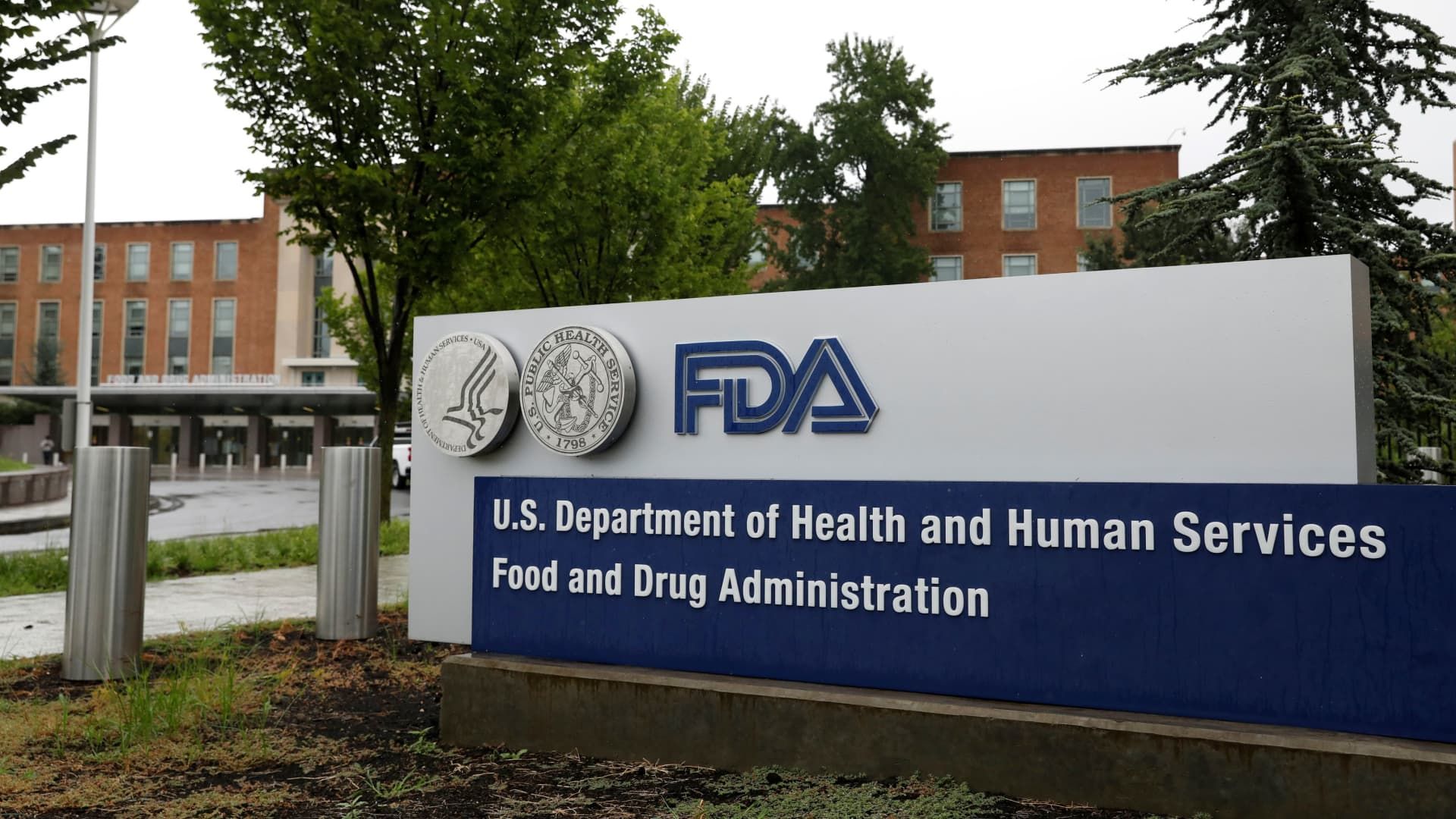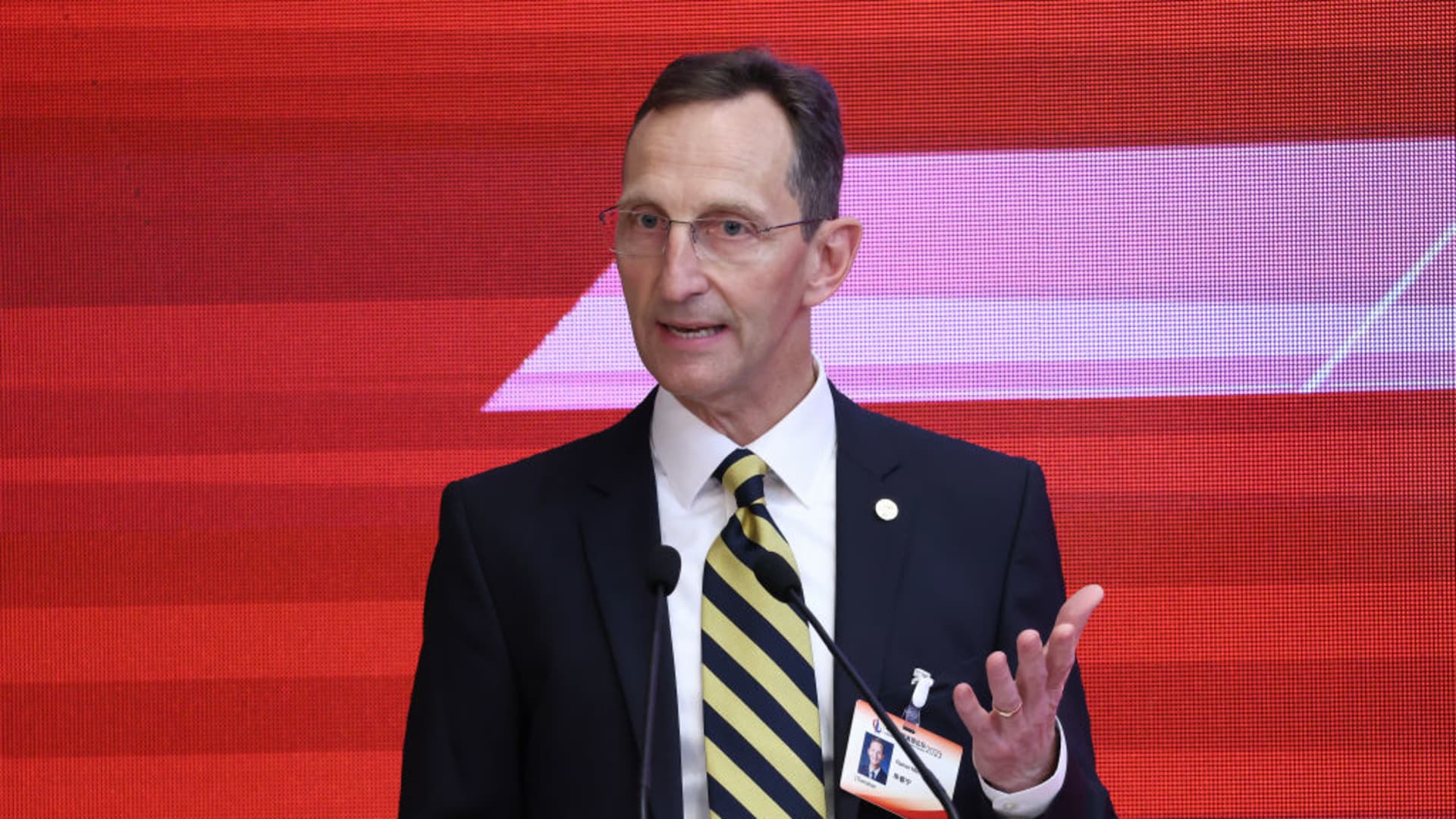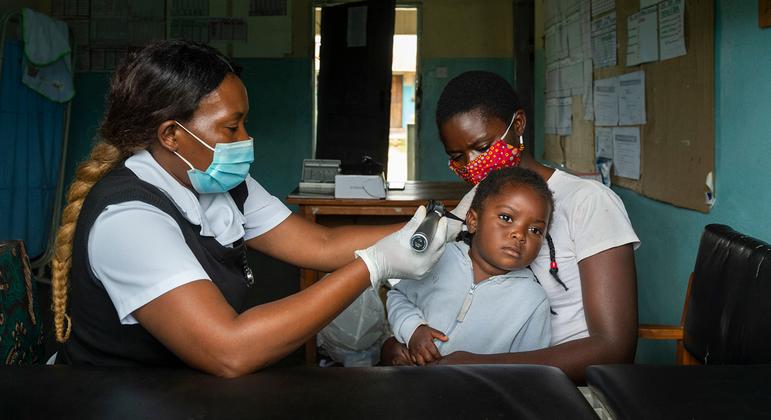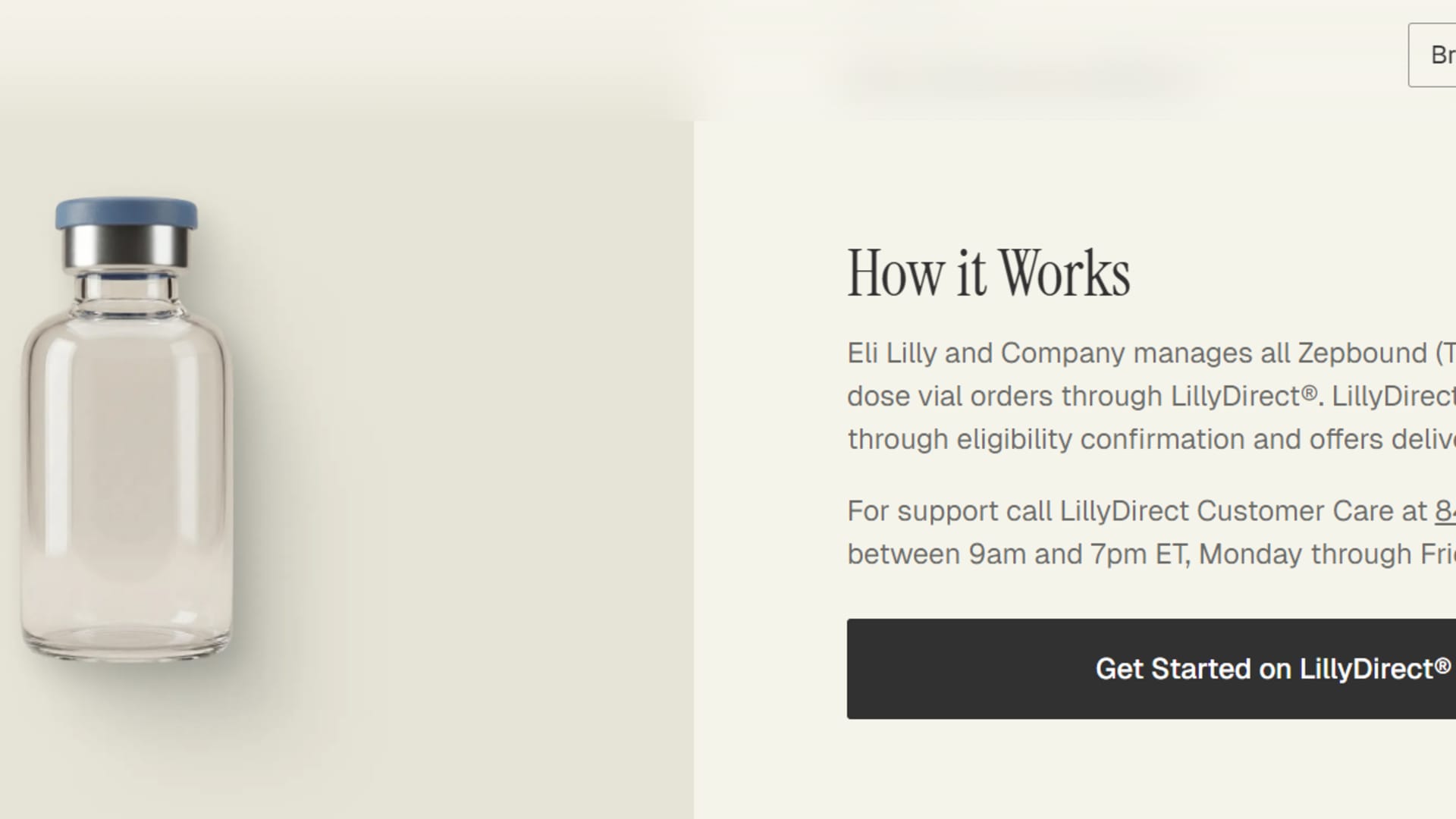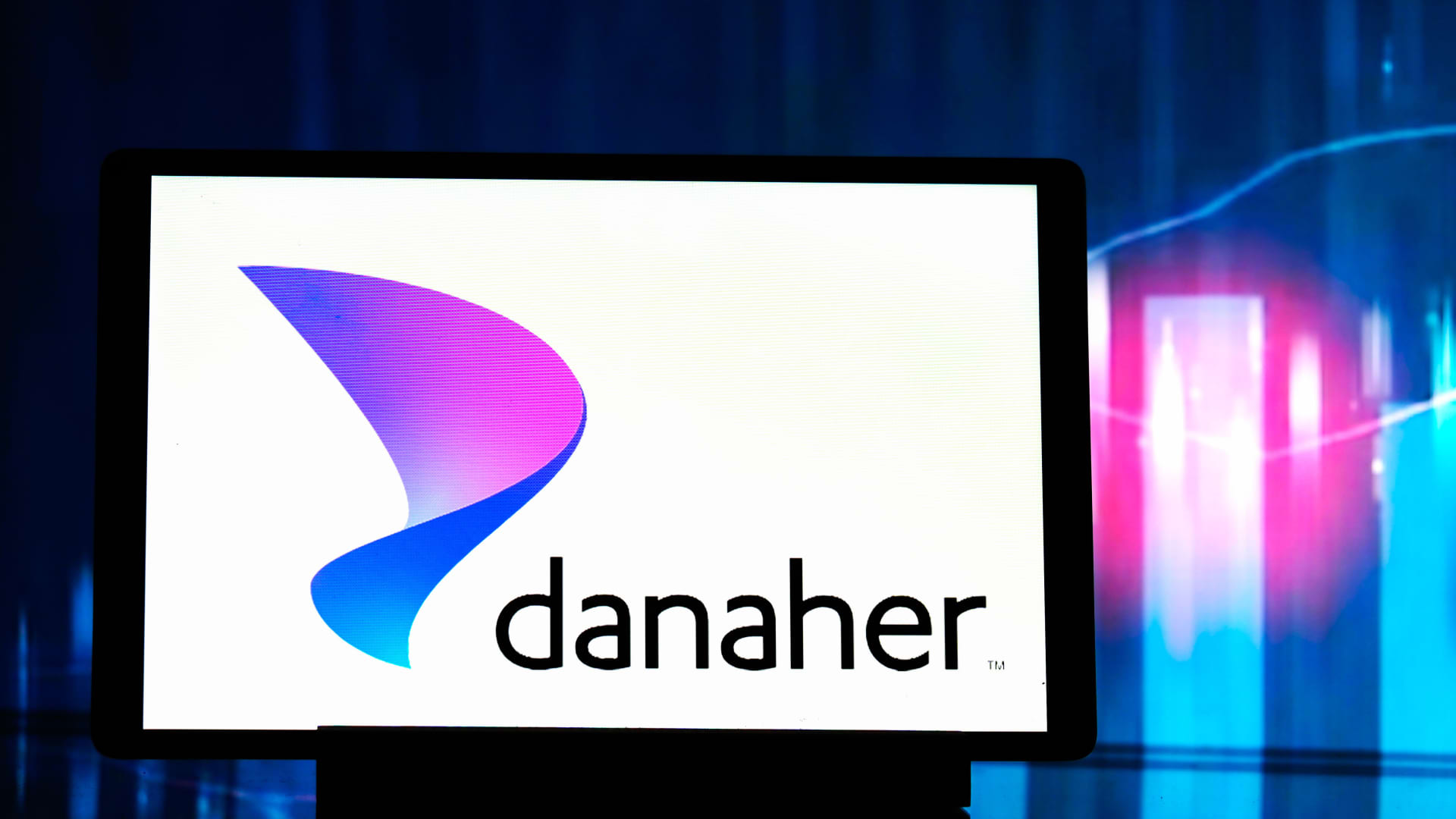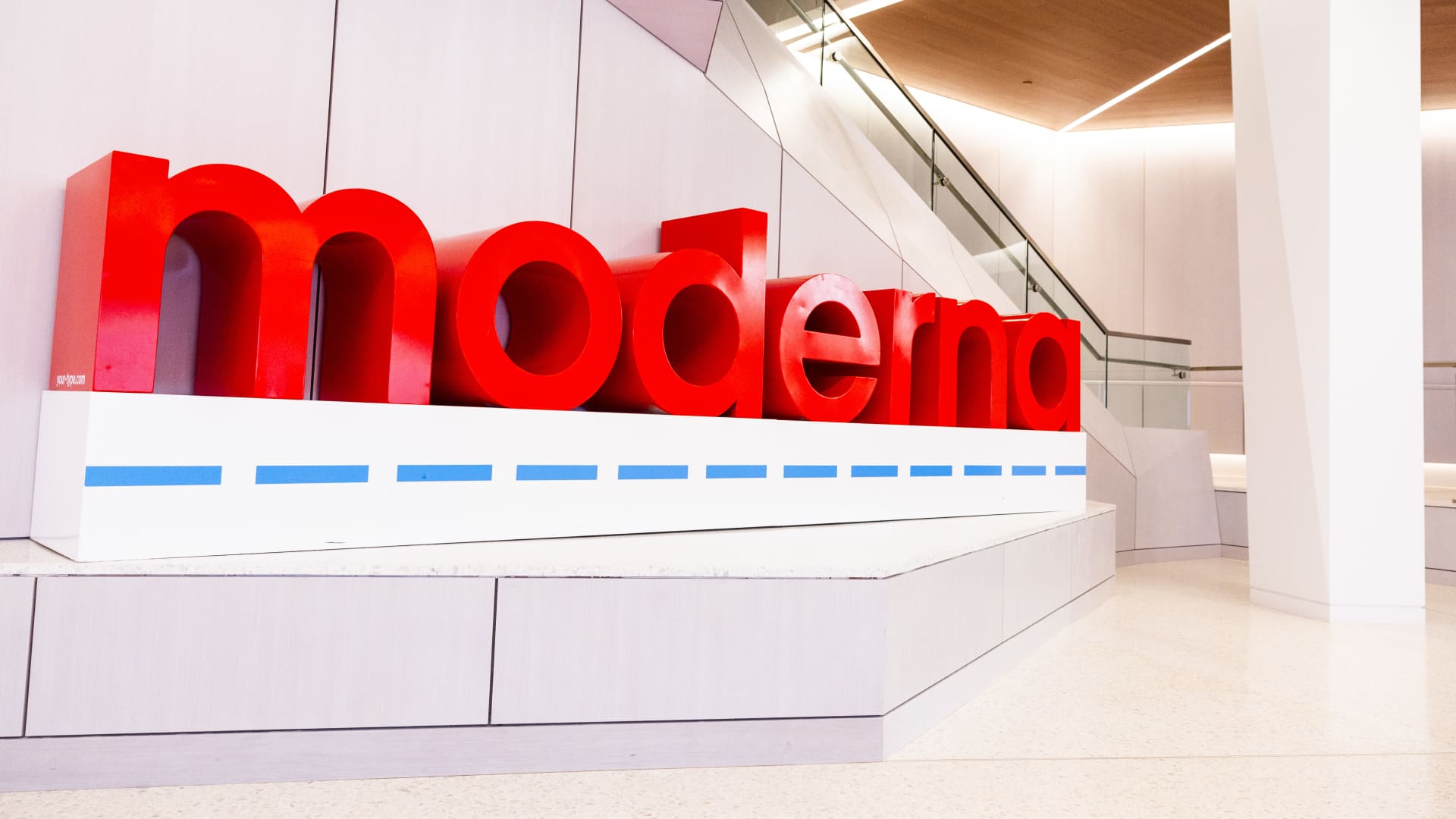A version of this article first appeared in CNBC's Healthy Returns newsletter, bringing the latest healthcare news directly to your inbox. Subscribe here to receive future editions.
Good afternoon from San Francisco! This week, Ashley and I will attend the JPMorgan Health Care Annual Conference, the largest gathering of biotech and pharma executives, investors and analysts in the US.
The conference is a pulse on what to expect from the healthcare industry in 2025. Executives from companies large and small highlighted their key updates on business and drug projects, but also weighed in on the potential impact of the Trump administration on the sector and the outlook for the mergers and acquisitions and IPO markets.
In particular, the conference appears to have tightened security around the main venue, the Westin St. Francis hotel, this year in light of the murder of Brian Thompson, chief executive of UnitedHealth Group's insurance division, in New York City. in December. A group of police appears to be stationed in the area surrounding the hotel and metal barriers line the venue's entrances, which are flanked by several private security guards checking attendees' credentials.
Meanwhile, a group of protesters waited outside the venue, holding signs criticizing the insurance industry, which has faced an eruption of pent-up anger and frustration from the public since the murder.
As usual, the conference started with some deals, including one of the biggest deals we've seen since late 2023.
Here's a quick summary of what I've seen in the biotech and pharma space so far:
- Johnson & Johnson stole the show when it announced Monday that it will buy Intra-Cellular Therapies, the maker of a blockbuster drug for schizophrenia and depression, for $14.6 billion. Most, if not all, of the deals in the biotech and pharma space in 2024 did not exceed $5 billion, and the J&J acquisition appeared to boost M&A sentiment in the new year, especially under a likely Trump administration. favorable to agreements.
- Eli Lilly said on Monday it would acquire an experimental cancer program from startup Scorpion Therapeutics in a deal worth up to $2.5 billion, as the pharmaceutical giant expands its portfolio of oncology products. The company will acquire Scorpion's experimental oral therapy, STX-478, which is currently being tested in early-stage trials for breast cancer and other advanced solid tumors.
- GSK On Monday it also announced a $1 billion deal to acquire another private cancer drug developer, IDRx. Deal provides GSK with experimental treatment for rare gastrointestinal cancer
- modern on Monday lowered its 2025 sales guidance by about $1 billion due to some potential headwinds later this year, including increased competition in the Covid vaccine market, as the biotech company continues to cut costs.
- Eli Lilly on Tuesday cut its revenue guidance because it said demand for its weight loss and diabetes drugs would not meet its high expectations.
Feel free to send any tips, suggestions, story ideas, and facts to Annika at [email protected].
The latest in health technology
Hello from San Francisco! I'm reporting from the field at the JPMorgan Healthcare Conference, where it's a balmy 50 degrees, a welcome change for this New Yorker.
There has already been a flood of announcements here. Perhaps not surprisingly, artificial intelligence and the blockbuster weight-loss drugs known as GLP-1 are the talk of the town.
Here's everything you need to know so far:
- Amazon Web services and General Catalyst announced a new partnership on Monday that aims to accelerate the development and deployment of artificial intelligence tools for healthcare. General Catalyst portfolio companies, starting with Aidoc and Commure, will use AWS to build new solutions for health systems more quickly. Read CNBC's coverage here.
- road star announced a new generative AI feature that aims to help hospitals quickly combat insurance denials by automatically writing appeal letters. Health systems spend nearly $20 billion a year trying to overturn denied claims, so Waystar believes its new tool can help reduce these costs. Read CNBC's coverage here.
- NVIDIA announced partnerships with several healthcare organizations, including clinical research provider IQVIA, neurotechnology startup Synchron, genomics company Illumina, and academic medical center Mayo Clinic. Partnerships are a key pillar of Nvidia's healthcare business, which generates more than $1 billion in revenue each year, Kimberly Powell, Nvidia's vice president of healthcare, told CNBC in an interview.
- dexcom released preliminary unaudited results for its fourth quarter on Monday, about a month ahead of schedule. The company reported revenue of at least $1.11 billion, up 8% from the same period last year. By 2025, Dexcom said it expects to report total revenue of $4.6 billion, an increase of 14% from the total expected for 2024. The results sent Dexcom shares up more than 6% in premarket trading. on Monday, suggesting they were a welcome sign for investors after a tough couple of quarters.
- Abbreviate On Tuesday, it announced that Mayo Clinic will roll out its AI-based clinical documentation technology to about 2,000 physicians companywide. The company has made similar enterprise-level announcements with Duke Health and Johns Hopkins Medicine in recent weeks.
- Teladoc Health On Monday, it announced that Amazon will add the company to its Health Benefits Connector, which helps customers determine whether their insurance plan or employer benefits cover a digital health program. Teladoc's chronic disease offerings, such as its diabetes, hypertension, prediabetes and weight management programs, will be presented through the Health Benefits Connector to eligible users.
It's only Tuesday, which means there's still more to come. Be sure to stay up to date with our coverage all week!
Please feel free to send any tips, suggestions, story ideas, or information to Ashley at [email protected].
Large Employers Are Turning to Nutrition Programs to Combat GLP-1 Costs
Booming demand for GLP-1 is driving employer-oriented diabetes and nutrition counseling companies like Virta Health and Health Omada. Large employers are increasingly requiring workers who start taking expensive diabetes and weight loss medications to enroll in programs that help them learn how to maintain weight loss once they stop using GLP-1.
One trend to watch: When using nutrition programs, employers sometimes get lower reimbursements on treatments from pharmacy benefit managers and manufacturers, according to the Purchaser Business Group on Health.
Please feel free to send any tips, suggestions, story ideas or information to Bertha at [email protected].

